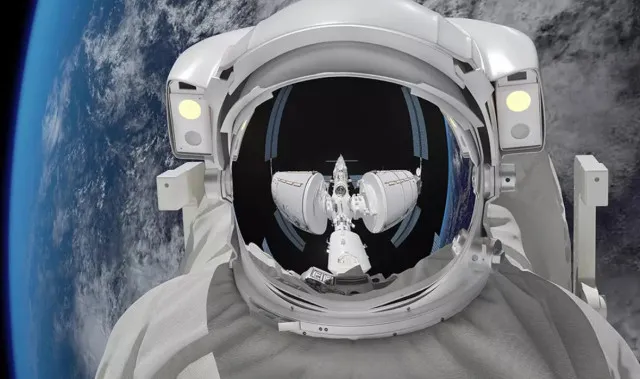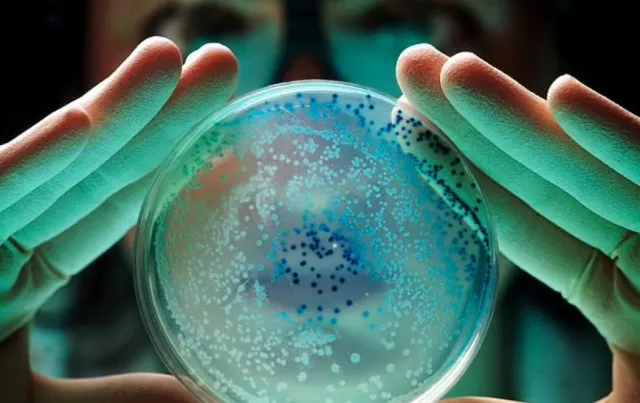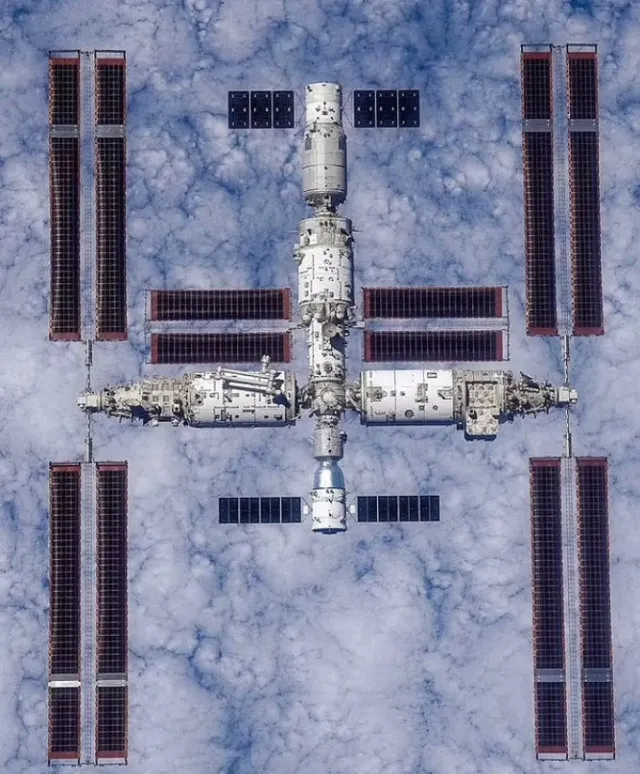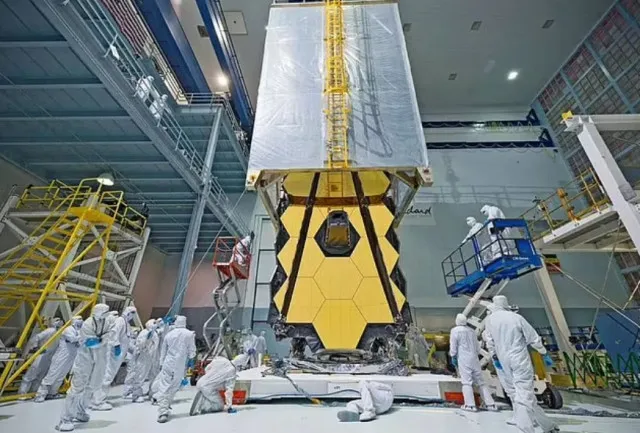Scientists have identified a previously unknown bacterium on China’s space station that might pose potential health risks to astronauts onboard.
Researchers found a new bacteria on China’s Tiangong station, sparking concerns about risks to astronauts.
The newly discovered microbe seems to be an Earth-based strain adapted to space conditions.
Its discovery could provide critical insights into microbial evolution beyond our planet and improve safety measures for future space travelers.
Background on microbial life in space environments
Space stations like Tiangong and the International Space Station (ISS) are closed environments where microorganisms inevitably survive and evolve.
In 2022, NASA revealed that astronauts aboard the ISS encountered 13 mutated bacterial strains, many showing resistance to antibiotics.

Such adaptations occur because microbes must adjust to microgravity, limited resources, and radiation to persist in space habitats.
Understanding these changes is vital to ensuring the health and safety of crew members on long-duration missions.
Collection of microbial samples on Tiangong Station
In May 2023, Shenzhou-15 astronauts collected surface swabs from Tiangong’s living quarters for a microbiome study.
The initiative catalogs microbes aboard Tiangong to assess risks and study space-adapted microbial behavior.
Analysis of these samples revealed the presence of a bacterium never before documented on Earth.

Unique features of the newly discovered bacteria
The microorganism, named Niallia tiangongensis in honor of its discovery site, shows remarkable adaptations to survive in space.
Scientists from the Shenzhou Space Biotechnology Group and the Beijing Institute of Spacecraft System Engineering discovered the bacterium can break down gelatin.
This suggests it uses gelatin as a nutrient source in food-scarce environments.
The bacterium forms a shield that boosts its resistance to space radiation and dryness.
Potential threats to astronaut health remain unclear
Although scientists have not yet linked Niallia tiangongensis to illnesses in astronauts, concerns persist.
Related species on Earth occasionally cause infections in individuals with compromised immune systems.
One such relative has been associated with sepsis, a serious medical condition.

The new strain’s ability to metabolize gelatin raises questions about its potential impact on human health in the enclosed environment of a spacecraft, where prolonged missions can weaken crew members’ immune systems.
This discovery highlights the importance of studying how microorganisms adapt and evolve under microgravity and other space-specific stresses.
Such research is critical for devising strategies to protect astronauts from infections and maintain spacecraft hygiene.
Long-term missions to the Moon, Mars, and beyond will require stringent microbial monitoring to prevent possible health risks and preserve equipment integrity.
Relation to known bacterial species and evolutionary insights

The new species belongs to the genus Niallia, closely related to Niallia circulans, a spore-forming bacterium commonly found in soil and sewage on Earth.
Scientists observed several mutations in Niallia tiangongensis that may represent evolutionary changes triggered by the space environment.
Studying these mutations can help researchers understand the mechanisms through which life adapts to extreme conditions, offering clues about the potential for life elsewhere in the universe.